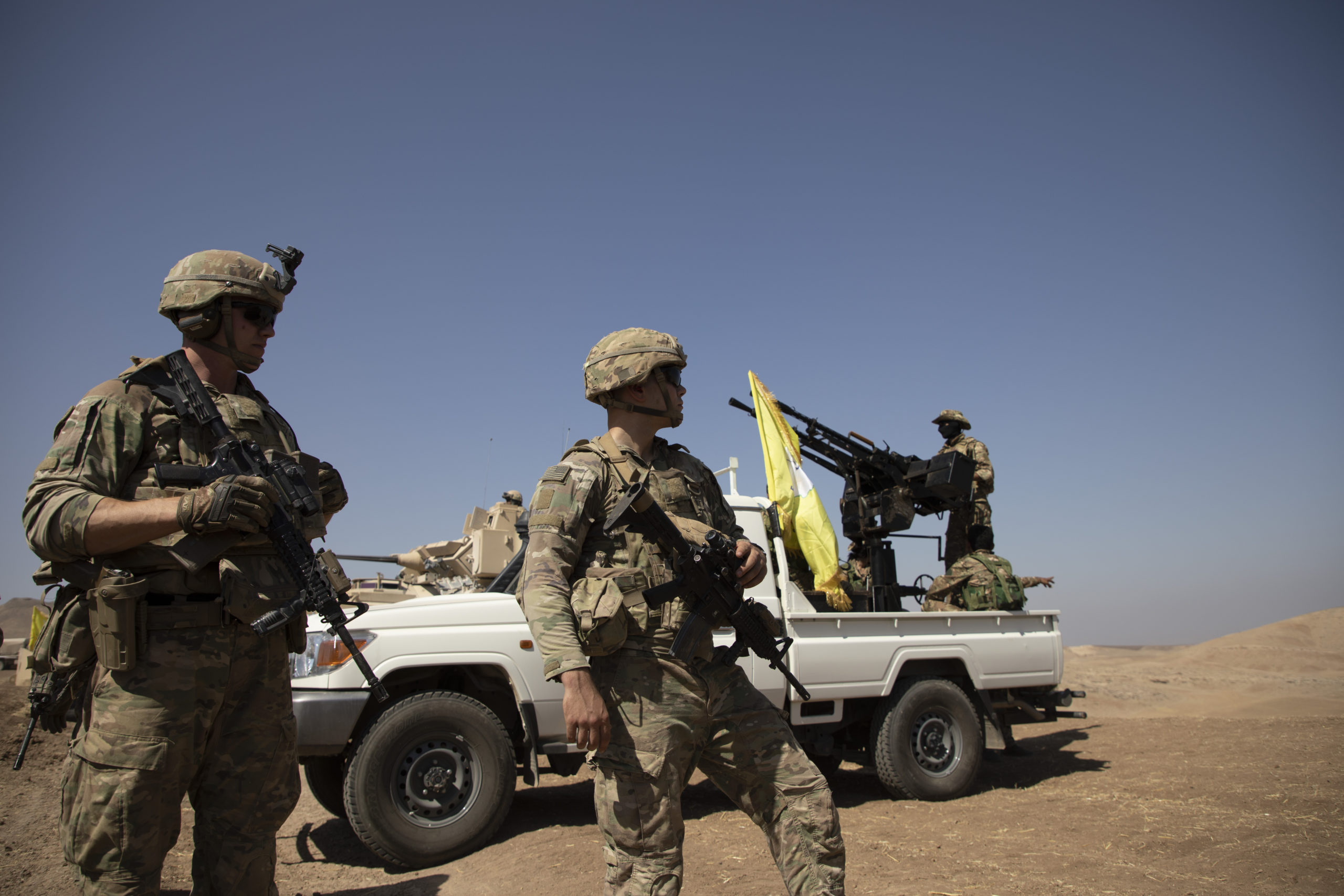Zero Sum
It is a shock, but Cathy Young is skeptical about the administration’s efforts to repair the relationship with Russia. This line jumped out at me:
The Kremlin treats pro-Western governments and politicians in former Soviet republics as presumptively anti-Russian and tends to view any increase in Western and especially American influence in the region as a weakening of Russian power.
The Kremlin does this in no small part because Western governments and media outlets treat anti-Russian, nationalist governments and politicians in former Soviet republics as presumptively pro-Western and the governments set policy accordingly. They all tend to see any increase in Russian influence in post-Soviet space as a challenge and a threat to Europe and the United States. Compare the routine Western hyperventilating about Russia wielding its “energy weapon” against Ukraine to any piece of Russian alarmism about the American military presence in central Asia, and I will show you two mirror images of irrational overreaction.
Naturally, when the Russians engage in these overreactions it is proof of their dangerous propaganda machine, while on our side it is all calm, sober analysis. If Moscow is erring here, it is by mirroring the reflexive distrust and hostility shown to Russia by Western governments and media and expressed in one policy decision after another. There are signs that this may be changing, which is good news, but it is at these moments when relations stand a chance of thawing that misrepresentations of the relationship can be particularly damaging.
Young cites the Kyrgyz decision to end the lease arrangement at Manas airbase as proof of Moscow’s “zero-sum mentality,” because, of course, Young applies an exceedingly narrow interpretation of this event in terms of jockeying between Moscow and Washington as if the Kyrgyz government and public had virtually nothing to do with any of it. It was Young, after all, who described the end of the Kyrgyz lease as a Russian “punch in the nose,” when it was primarily the result of popular backlash against the U.S. military presence. Where in the world would Moscow have ever picked up the idea that America’s loss is Russia’s gain? The funny thing is that this duplicates almost perfectly the official Russian reaction to all of the “color” revolutions, which portrayed those movements as purely foreign-backed conspiracies, and Young does this in the case of Kyrgyzstan with far less justification. That it was the authoritarian beneficiary of the supposedy democratic “Tulip” Revolution who decided to throw us out of Manas is oddly appropriate.
As it happens, this zero-sum equation is not true, but it is odd that one of the people most inclined to see the U.S.-Russian relationship in exactly these terms should find fault with it. Russian and American interests are much more complementary than Moscow’s Western critics and Russian hard-liners will ever allow. If we are ever going to reach a point where our governments can pursue common interests, we will need to begin by rejecting precisely the sort of zero-sum analysis that Western critics of Russia engage in on a regular basis.
Update: On a related note, Daria Vaisman’s article in Russia! (via Julia Ioffe) has a perfect summation of the main reason behind Russo-Georgian conflict in recent years:
And so it’s America that is being punished here – for turning Georgia into a symbol, but not the symbol that America thinks. Russia doesn’t hate Georgia because it’s an icon of democracy; it hates Georgia because it’s an icon of Russia-hating. Georgia was designed to function as synecdoche and premonition – into part of a whole and as more to come. Under these conditions, can you blame Russia? Imagine, as Medvedev recently did, if Russia had done the same.
I would also add that Georgia is paying the price for being made into a “front-line state” in what was ostensibly a contest between democracy and authoritarianism, East and West, etc. As we have noted before, whenever a state is turned into the symbol of a grandiose cause, it tends not to work out well for the people who live there.
